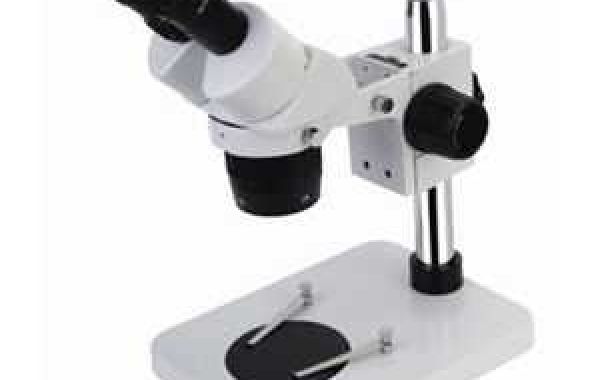A stereo microscope, unlike its compound counterpart, utilizes a dual-optical system to provide a three-dimensional view of an object. This means it employs two separate optical paths, each with its own objective lens and eyepiece.
Here’s a simplified breakdown of how it works:
- Light Source:Light is directed onto the specimen, either from above (incident light) or below (transmitted light).
- Objective Lenses:Each objective lens collects light reflected from the specimen from a slightly different angle.
- Optical Paths:The light collected by each objective lens travels through its respective optical path, which includes intermediate lenses and prisms.
- Eyepieces:The light from both paths converges at the eyepieces, where it forms two slightly different images.
This unique optical system allows for a detailed, depth-perceived view of the specimen, making it ideal for tasks requiring precision and manipulation, such as dissection or assembly.






